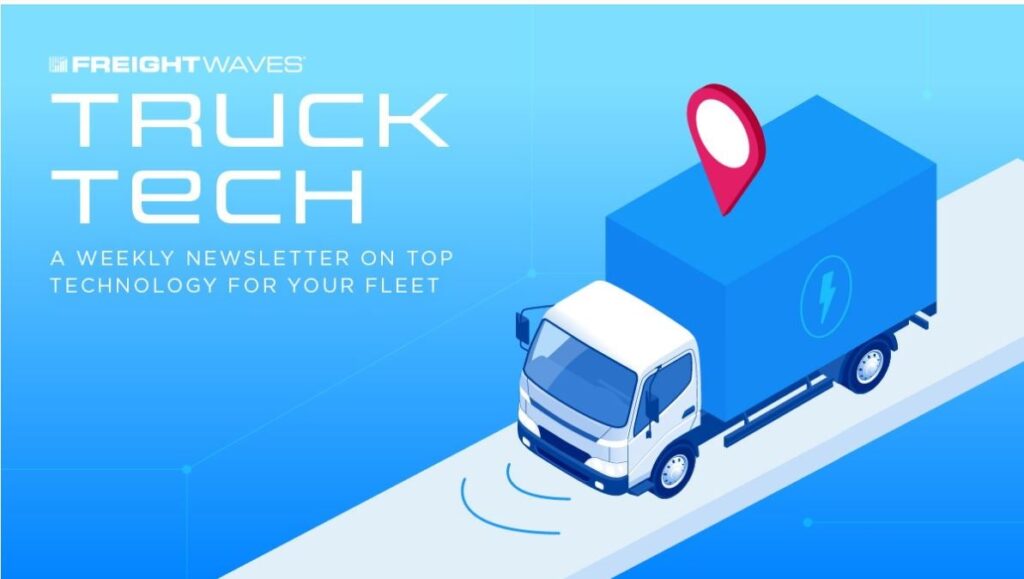Ongoing Battles Over Autonomous Trucking Regulations
If you believed last year’s rejection of a Teamsters-supported ban on heavy-duty autonomous trucks in California settled the debate, think again. While 23 states permit at least the testing of driverless trucks, new obstacles are continually emerging, akin to the game Whac-A-Mole.
Texas is set to see early commercial use of driverless trucking on Interstate 45 later this year, having adopted the technology in 2017. However, earlier attempts to halt driver-out operations gained traction in the Texas Legislature last year.
“That was the time for the Legislature to take action, and we are grateful that the bill did not progress,” stated Jeff Farrah, executive director of the Autonomous Vehicle Industry Association (AVIA).
The Texas Legislature is currently in an interim session due to upcoming elections, meaning “the threat of that bill is currently absent,” Farrah noted.
However, New York may pose a challenge. A proposed ban in Indiana stalled recently. In California, nearly 90% of legislators supported a ban last year, yet they did not attempt to override Governor Gavin Newsom’s veto. There are talks of reintroducing similar legislation this year.
Teamsters Push Back Against Autonomous Vehicles
The Teamsters’ press announcements against autonomy and driverless trucking feature striking language, with various union leaders critiquing states that pass laws supporting autonomous technologies.
In South Dakota, for example, James Heeren, a business agent for Teamsters Local 120, remarked, “Parents should have a say on whether 80,000-pound trucks can rush past their children’s schools without drivers at the wheel.”
Meanwhile, New York’s state Senator Pete Harckham proposed legislation necessitating a safety driver in any autonomous vehicle over 10,000 pounds. During a January 5 news conference hosted by Teamsters Local 456, Harckham emphasized job security, highlighting that trucking accounts for one in every 27 jobs in the state—approximately 270,000 positions.
Addressing Criticism from the Teamsters
Farrah’s role, in addition to advocating for automated vehicles, involves calmly countering strong criticism. “The Teamsters are not experts in safety,” he argued. “They have a perspective that downplays the capability of transportation departments to make informed decisions.”
He pointed out that the Teamsters seem to misinterpret the employment effects of autonomous trucks, emphasizing that discussions with them have occurred to clarify the industry’s stance.
Prospects of Federal Guidelines
A nationwide framework for autonomous trucking is in the formative stages and may become tangled in election-year politics. Experts suggest that driverless trucking might still be years or even decades away from broader adoption, particularly outside the relatively calm Southwest.
Melissa Wade, AVIA chair and senior director for federal relations at Aurora Innovation, said, “By developing a national policy for autonomous trucking, the federal government can enhance safety, mitigate confusion among states, and maintain the U.S.’s competitive edge.”
Aurora aims to deploy 20 driverless trucks in Texas this year, while Kodiak Robotics is also preparing for a commercial launch.
Volvo’s Acquisition and Brief Updates
Volvo Group recently finalized a $210 million acquisition of Proterra’s battery-making assets, enhancing its electric vehicle initiatives. The deal includes a development center in California and an assembly plant in South Carolina.
In other developments, Daimler Truck North America has begun deploying its first eCascadia models in Mexico, while Xos is unveiling its new mobile charging unit, The Xos Hub, with an order from Xcel Energy.


